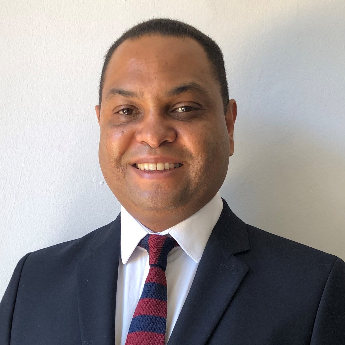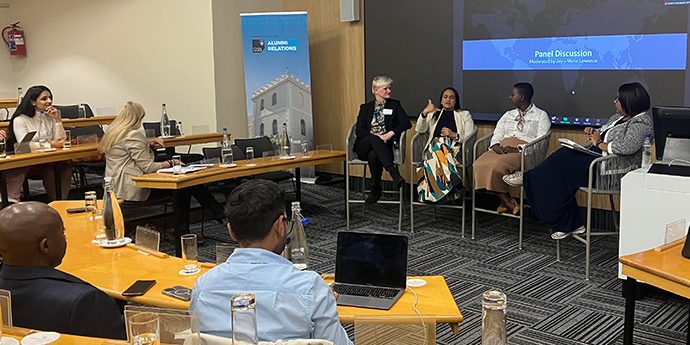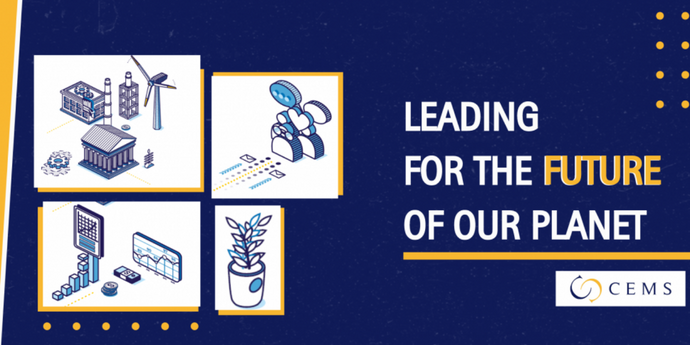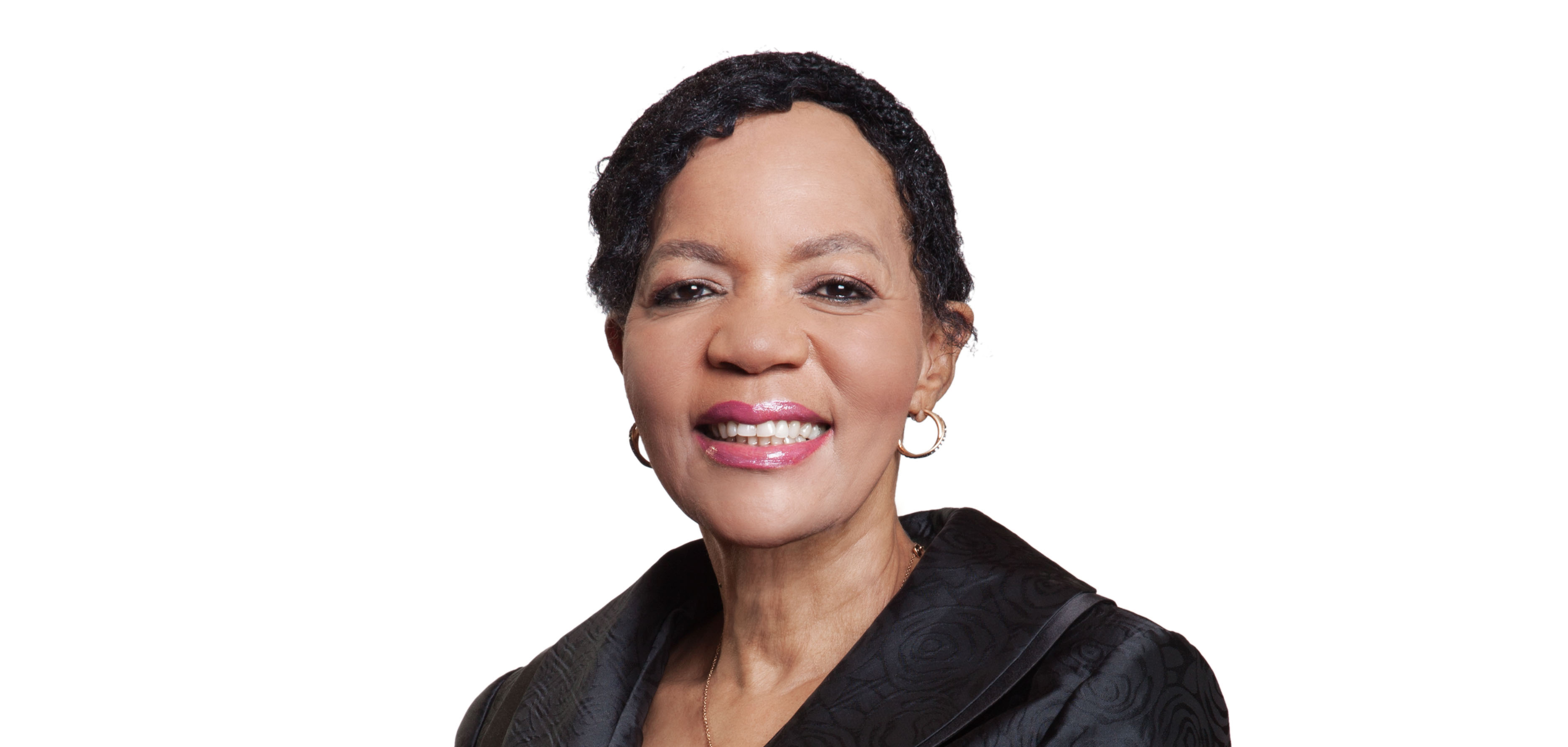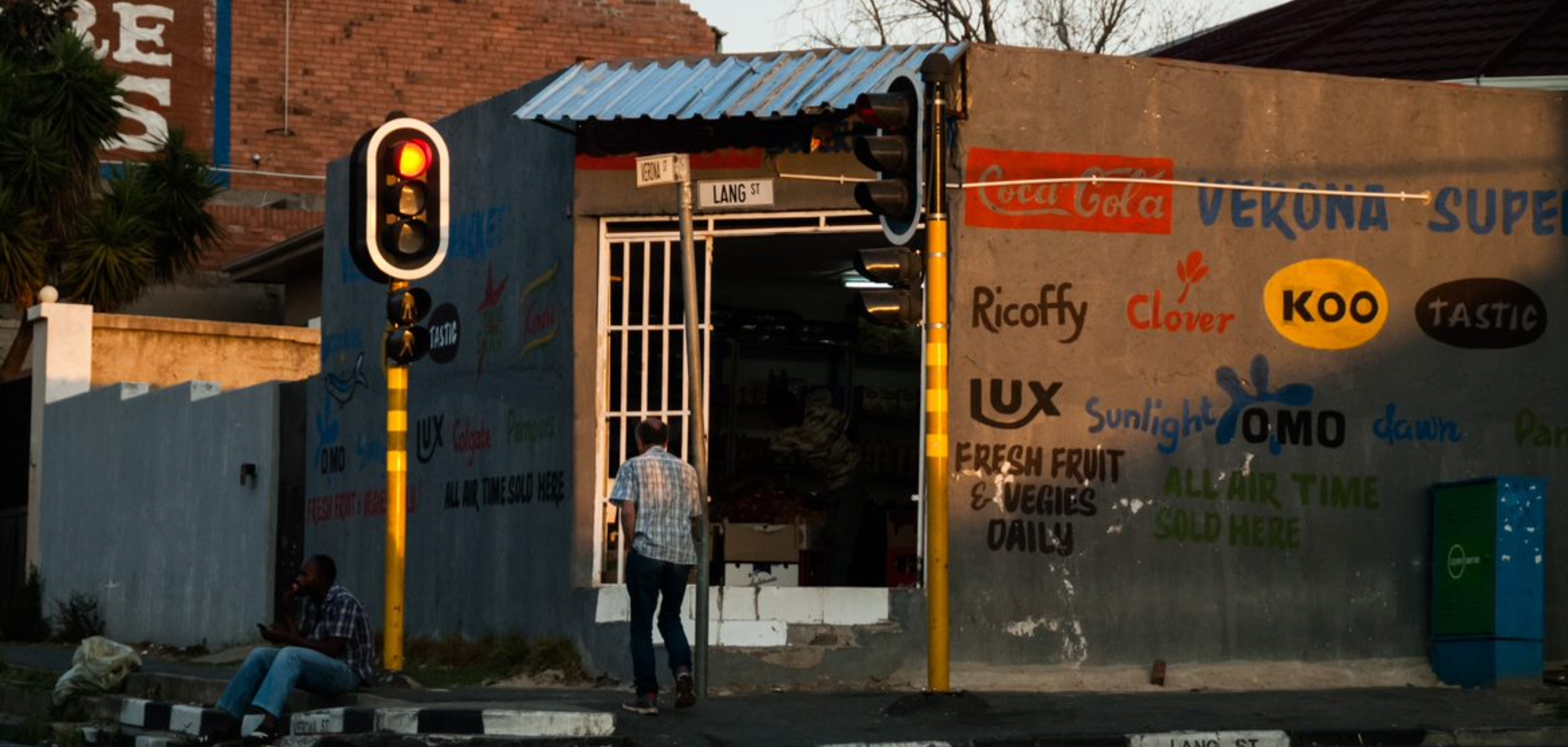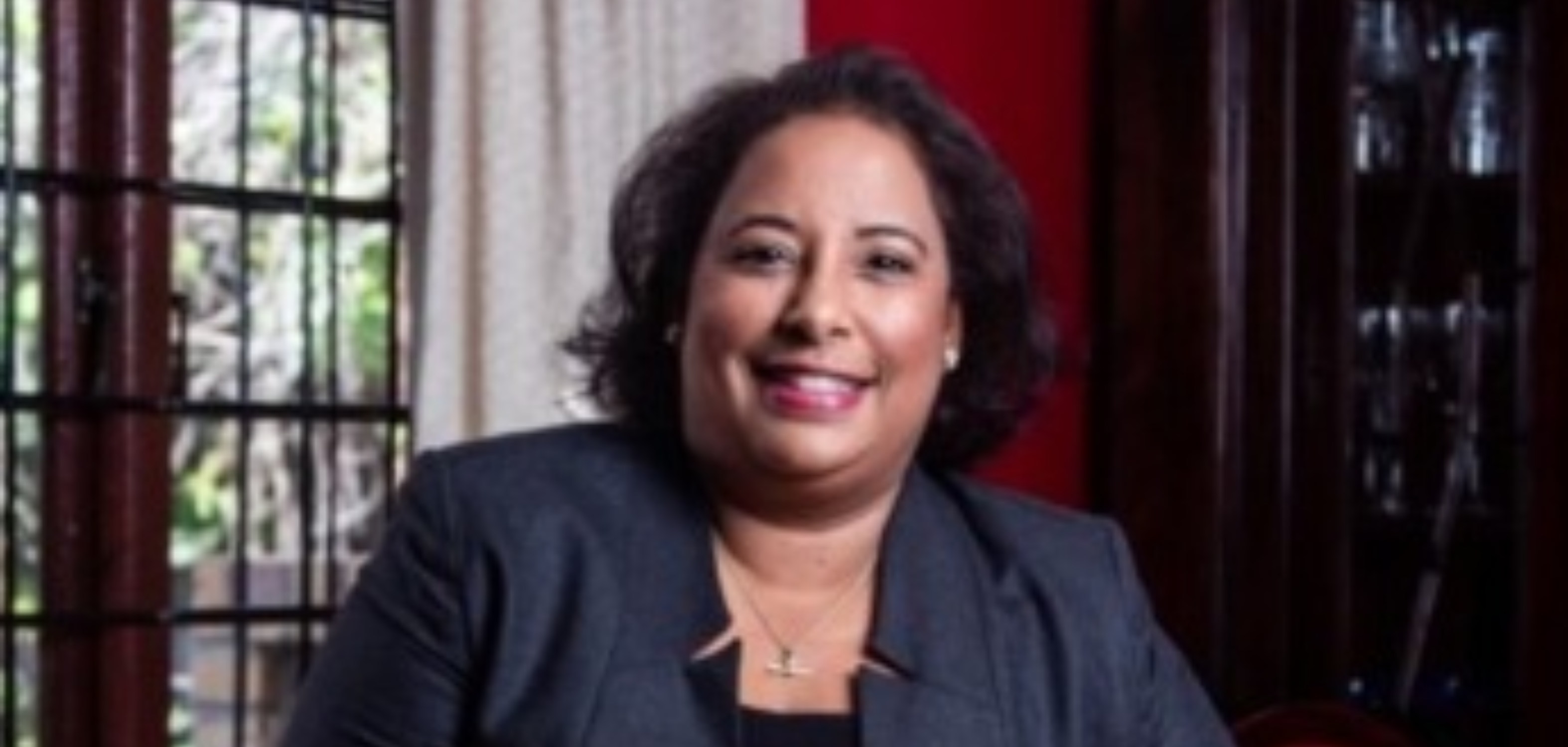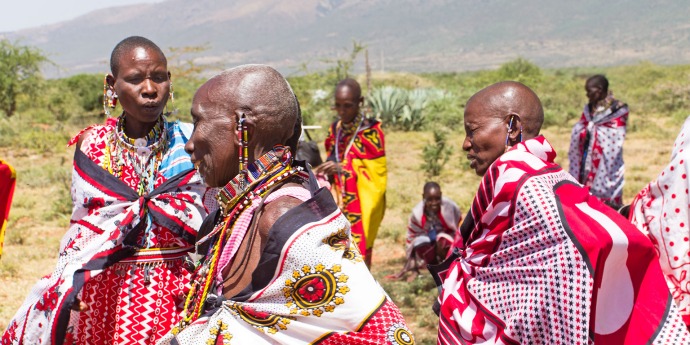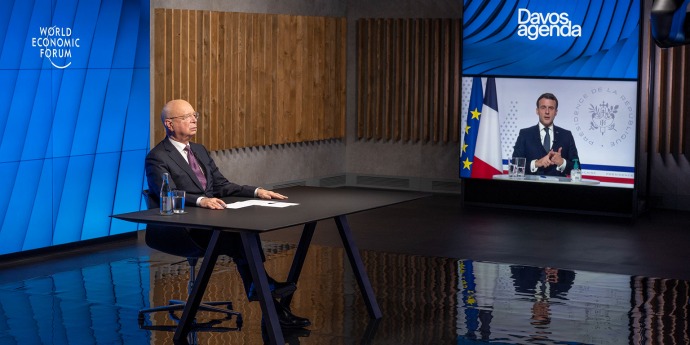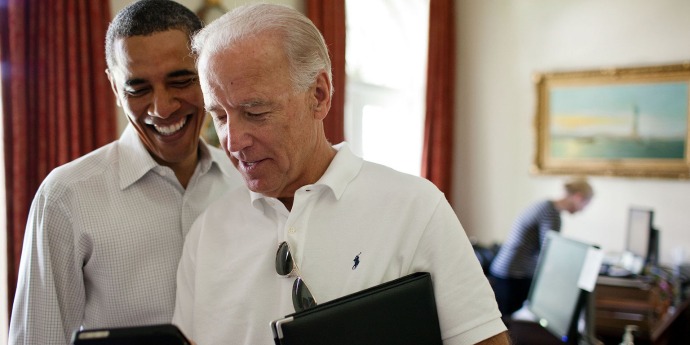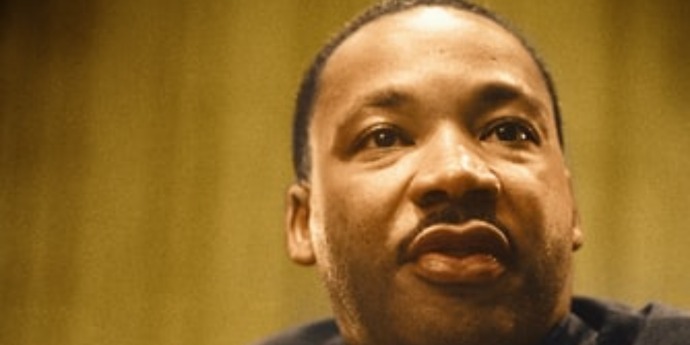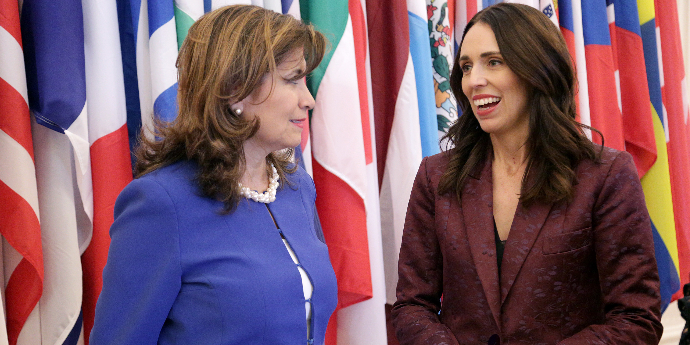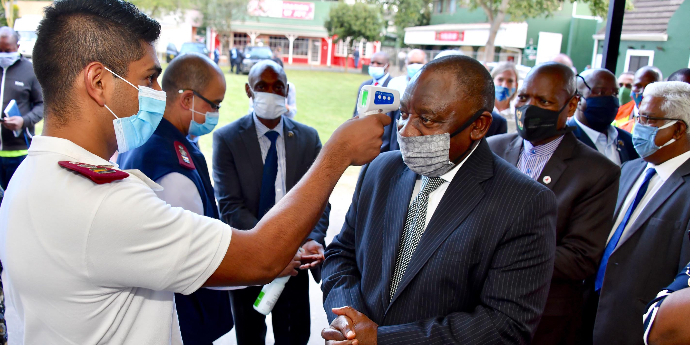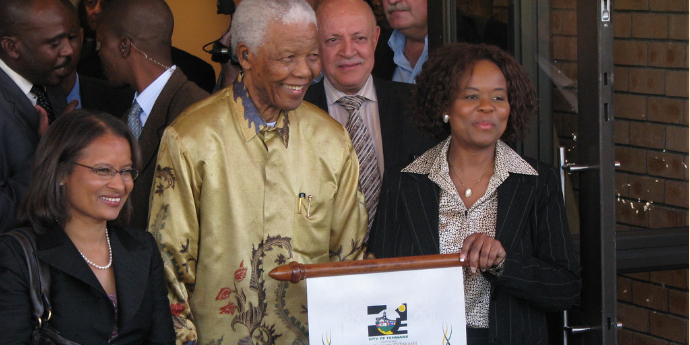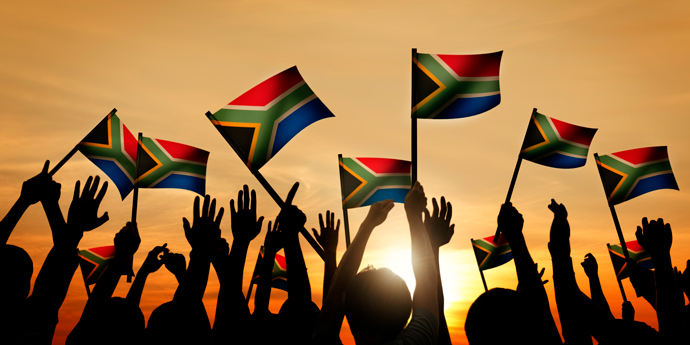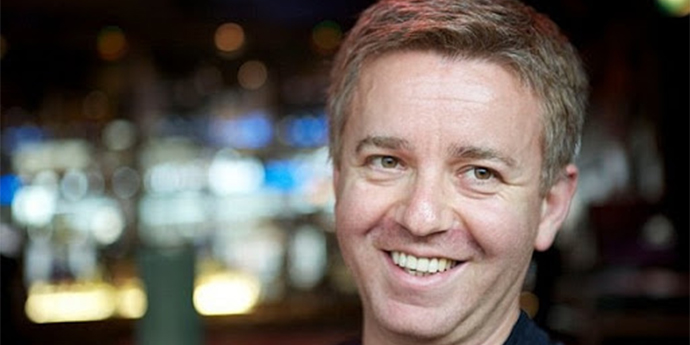COVID-19 is giving leaders everywhere a crash course in living with volatility, uncertainty, complexity and ambiguity (VUCA). Fortunately, says Jerome Thomas, he got a head start with his EMBA at the UCT GSB.
While he picked up many skills during his EMBA at the UCT GSB, Jerome Thomas says that the acquired skill of embracing VUCA - Volatility, Uncertainty, Complexity and Ambiguity — proved helpful when his organisation had to adapt to the outbreak of COVID-19.
As the Service Sales Director for Southern, West & French Sub-Saharan Africa at GE Healthcare, Jerome is responsible for various teams across the African continent, a job that has grown more demanding since the outbreak of the novel coronavirus.
“Before doing the programme, I was resistant to change but have since learned to embrace the uncertainty. I am more comfortable leading in an unpredictable environment which has enabled me to lead my team better in the time of COVID-19,” says the 47-year-old qualified optician, who owned his own practices and worked in several positions at GE before being promoted to his current role. As the world deals with the impact of the pandemic, he tries to balance the organisation’s long term strategy whilst remaining in the moment and dealing with challenges as they present themselves, and spends even more time connecting with colleagues and team members.
“Many leaders mean well, but most get overwhelmed by the daily challenges and neglect to meaningfully engage with their teams. Ensuring that our teams are engaged in their work has significant benefits.” He says this is true now more than ever. Leaders need to take time to listen and understand their employees and to identify opportunities. Work-based teams now require leaders to adapt to the remote working environment during COVID-19, using the tone of discussions as their primary means of determining underlying issues.
Fortunately, Jerome says he was already investing in getting to know his people before the virus struck, having started a process of sitting down for 30 minutes each month with each team member for an exclusive and uninterrupted conversation. This benefits him in understanding how to communicate with his team members, who is motivated by which drivers and what each team member’s unique situation is. “You should understand the team dynamics, know who is in your team, how the team operates and what the purpose of the team is,” he believes.
Humanity is at the core of his leadership strategy, a value that was also strongly influenced by his EMBA, where he recalls lectures on mindfulness and how it improves awareness, self-knowledge and personal growth. It was here that he was encouraged to think about a reflective leadership style, which he has come to incorporate as much as possible. “A stressed mind cannot see clearly, much like a jar with muddy water, in which the water only becomes clear once the dirt has settled.” He often finds that applying mindfulness practice for as little as three minutes, can help to focus his thinking.
“Managing teams has become more complex during the pandemic,” says Thomas. “People are deprived of social contact in some instances, or confined with family members and children, having to homeschool and perhaps care for sick relatives.” The added stress that people face is something business leaders have to take seriously. “For many, the work-life balance has been disrupted and some employees are more exhausted now than before. I think boundaries are becoming blurred and structured work days have become more fragmented.”
This is when the benefits of continuous learning and improvements in self-awareness and personal growth really come to the fore, in helping an individual cope with the added pressures and the uncertain times. Jerome likes to study, and to read leadership books and biographies about well-known leaders. He also signed up for an Oxford postgraduate diploma in leadership and innovation, but this has been deferred due to the pandemic. He likes to take long walks, when taking time for himself.
“I continuously strive to maintain a work-life balance, which is not easy, especially if you have travel and family commitments but striking this balance is important, for people generally, but more so for leaders who need to cultivate a calm mind.”

